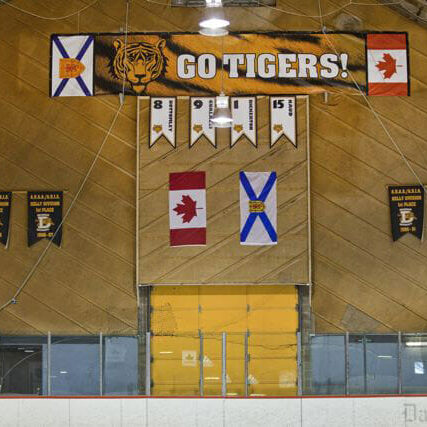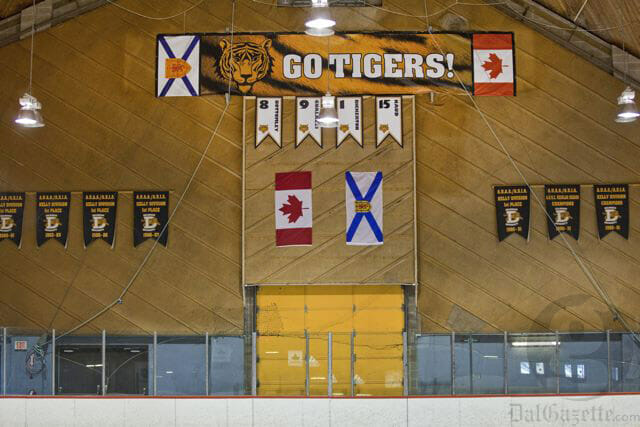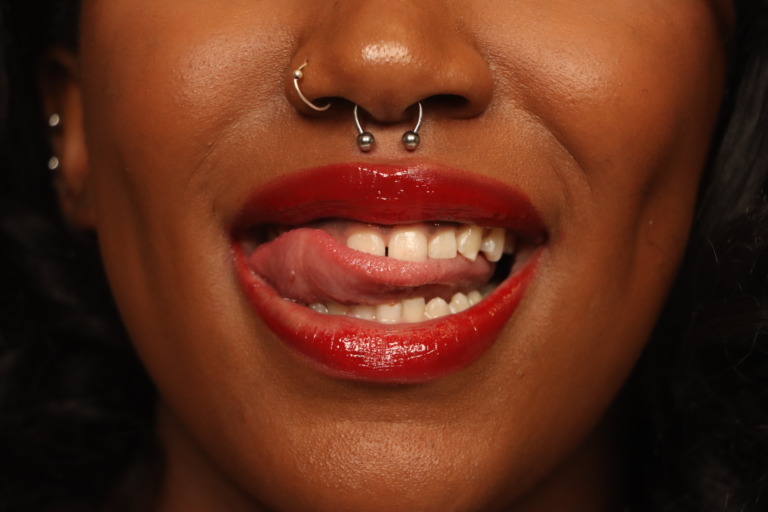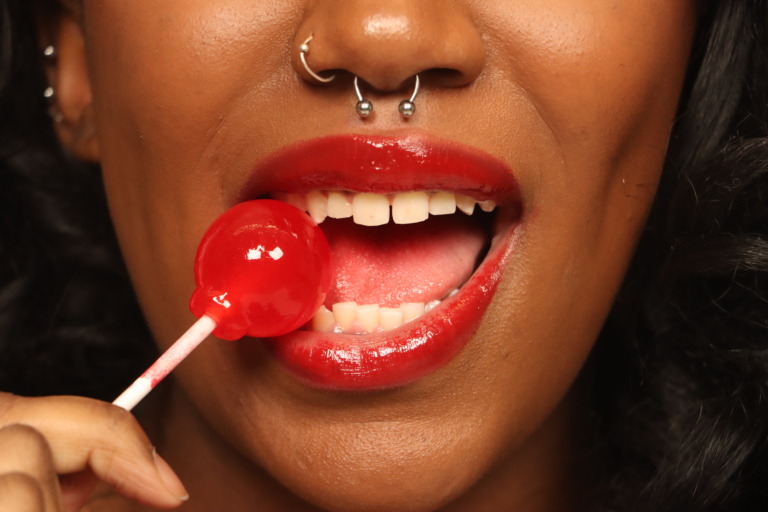
If you’re a varsity athlete at the University of King’s College and want to wear the No. 7, you’re out of luck.
The blue and white No. 7 soccer jersey of Matt Fegan is mounted to the rafters of the King’s gymnasium. Pinned in a glass frame, the jersey hangs in one corner, adjacent to vintage championship banners.
Retiring a uniform number is arguably the greatest individual honour an athlete can receive. It means the athlete’s contribution was so highly appreciated no other person deserves to wear that number again.
The prestigious honour is generally bestowed when an athlete retires, but Fegan is an exception. His No. 7 was actually retired in the winter of 2004—before his 2005 graduation.
“I think the reason I was honoured was because I essentially put King’s on the map [for athletics],” says Fegan in his thick British accent. “No one else has won a national (Canadian Collegiate Athletic Association) soccer MVP or an award of that magnitude before.”
Today Fegan gives back to the school as an assistant coach of the men’s soccer team.
“It’s a bit surreal and crazy seeing my name up on the wall,” chuckles the 29-year-old. “It brings back great memories of my playing days.”
Over the last couple of years the sporting world’s tendency to retire more numbers has grown.
According to Tom Van Riper’s 2008 Forbes article, “It’s A Numbers Game,” “Finding a number for a new player joining the team was once the simplest of tasks. But it’s getting tougher every year, as a growing stream of uniform numbers make their way from the locker room laundry pile to the outfield wall or rafters of the arena.”
Teams and schools have their own selection criteria for retiring numbers. However, there tends to be one general theme: unmatched individual standards in athletic performance.
King’s doesn’t have a mandate for selecting who’s worthy, but that’s about to change if the school’s athletic director Neil Hooper has his say.
“Matt Fegan is probably the most coveted athlete to come from King’s, but we want to recognize other great athletes so retiring more numbers on the gym’s walls will happen in the near future,” says Hooper. “We will also be looking at athletes who we previously failed to recognize and look back through the school’s athletic records to find candidates.”
According to Hooper, the decision to retire more numbers is part of the athletic department’s “special way to support and acknowledge our own.”
Across the King’s quad, Dalhousie has also reacted to this growing phenomenon.
Despite the recent decision to acknowledge standout athletes in the school’s history by including them in the Dalhousie Sport Hall of Fame or the Dalhousie Hockey Wall of Fame, no numbers have been retired yet.
Despite bolstering an impressive athletic history and a hall of fame of their own, Saint Mary’s has yet to retire any uniform numbers.
Nova Scotia Sports Hall of Fame executive director Bill Robinson believes it’s a beneficial practice for universities and teams.
“Universities are retiring jerseys more than any other body,” says Robinson.
“You’re acknowledging achievements by individuals in their field of sports in their own time, which is special. It recognizes the stories of hard work, which is a good way for young people and other athletes to understand what it took to get there,” he says.
The first ever number retired in professional sports was done in 1934 when the Toronto Maple Leafs recognized Ace Bailey’s No. 3. Since then it has become a rite of passage for sports teams to honour great athletes by retiring their numbers.
But the custom has turned grim.
Professional teams have undermined the retiring jerseys ceremony by sometimes using it as a marketing tool to garner more revenue and media attention. The selection and nomination criteria have also been simplified, leading to an increase in bizarre retirement ceremonies. This has raised eyebrows and left sparse number choices for some teams.
One recent example of the lunacy behind retiring jersey numbers is Besiktas, a professional basketball team from Turkey. They recently retired the number of New Jersey Nets guard Deron Williams after he played a mere 15 games for the team while the NBA endured a lockout at the start of this season.
Back at home, Fegan welcomes the possibility of more retired numbers but says King’s must be cautious.
“Of course I think people should have their numbers retired, but they have got to make sure they’ve earned it before they hand them out,” he says.
Some sports critics believe the tradition of honouring great athletes is being degraded as an increasing number of jerseys are retired. They, like Fegan, believe selection committees should be more selective.
In an opinion piece published late last year, International Business Times columnist Palash R. Ghost said he’s of the same opinion.
“I would compare it to the school teacher who hands out passing grades to all of his students even if some have failed. Such an act dilutes and undermines the achievements of the best students who actually earned high marks.”
Time will tell whether King’s Athletics starts passing unwarranted ‘grades’ for student athletes.
Editor’s Note: Sam Burleton was coached by Matt Fegan as a member of the King’s soccer team. He is graduating this spring.







